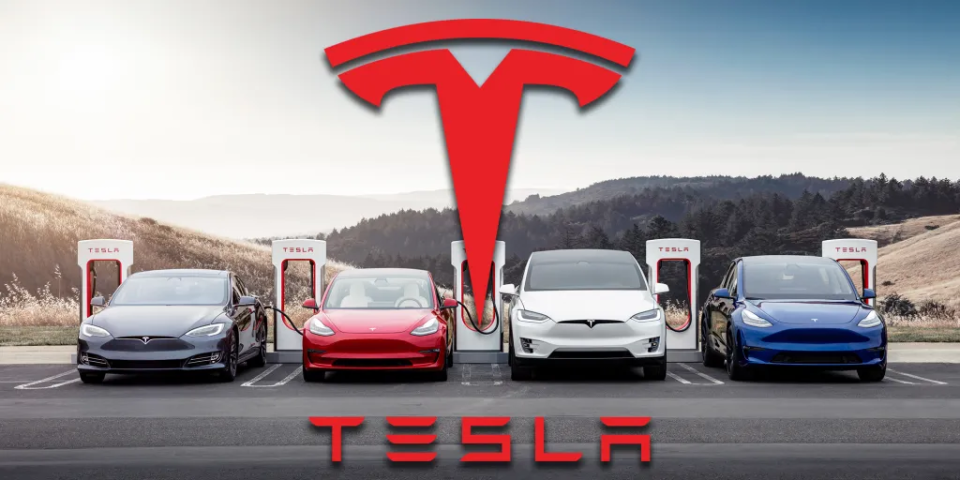Tesla’s (NASDAQ: TSLA) European adventure is hitting a rough patch. For the fifth consecutive month, the company’s car sales across Europe have slumped, even as demand for electric vehicles in the region is surging. The numbers tell a clear story, Tesla is losing ground in a market that was once a key driver of its global growth, and the reasons go beyond simple competition.
In May, Tesla’s new car registrations in the European Union, United Kingdom, Iceland, Norway, and Switzerland dropped nearly 28 percent compared to the same month last year, falling to just 13,863 vehicles. Within the EU alone, the drop was even steeper, with sales plunging almost 41 percent to 8,729 vehicles. Over the first five months of 2025, Tesla’s EU sales are down 45 percent, totaling only 50,413 vehicles.
This decline stands in stark contrast to the broader European EV market. Battery electric vehicle sales in the region jumped 25 to 27 percent year-over-year, and the overall auto market grew by nearly 2 percent. Brands like BMW’s Mini and several Chinese automakers saw their sales rise sharply, with China’s BYD outselling Tesla in Europe for the first time in April.
Tesla’s struggles aren’t simply about product. The company’s refreshed Model Y, meant to rejuvenate its European lineup, has yet to make a meaningful impact. The new version has been available for months, but sales haven’t rebounded as CEO Elon Musk predicted.
Tesla’s steep decline in European sales is being driven by two primary factors: brand and reputation damage linked to Elon Musk’s political activities, and intensifying competition from more affordable electric vehicles. Musk’s public endorsement of Germany’s far-right AfD party and his broader political involvement, including his role in the Trump administration, have sparked widespread controversy and alienated many European consumers. This backlash has led to protests at Tesla dealerships, incidents of vandalism, and a significant erosion of the company’s once-strong brand image, with industry experts calling it one of the most dramatic brand destructions in recent history.
At the same time, Tesla is losing market share as European buyers increasingly opt for lower-priced EVs from competitors, particularly Chinese brands like BYD, which outsold Tesla in Europe for the first time in April 2025.
Despite the overall growth of the European EV market, Tesla’s share has dropped sharply, falling to 1.2% in May 2025 from 1.8% a year earlier.
For investors, the news has been sobering. Tesla shares, already down about 16 percent for the year, slipped another 4 percent after the latest sales figures were released. Hopes that the new Model Y would turn things around have faded, and attention is now shifting to a more affordable Tesla model expected later this year.
Tesla’s European woes highlight how quickly fortunes can change in the automotive world. The company is still a major player, but its grip on Europe’s EV market is slipping as buyers vote with their wallets and, increasingly, their values.

